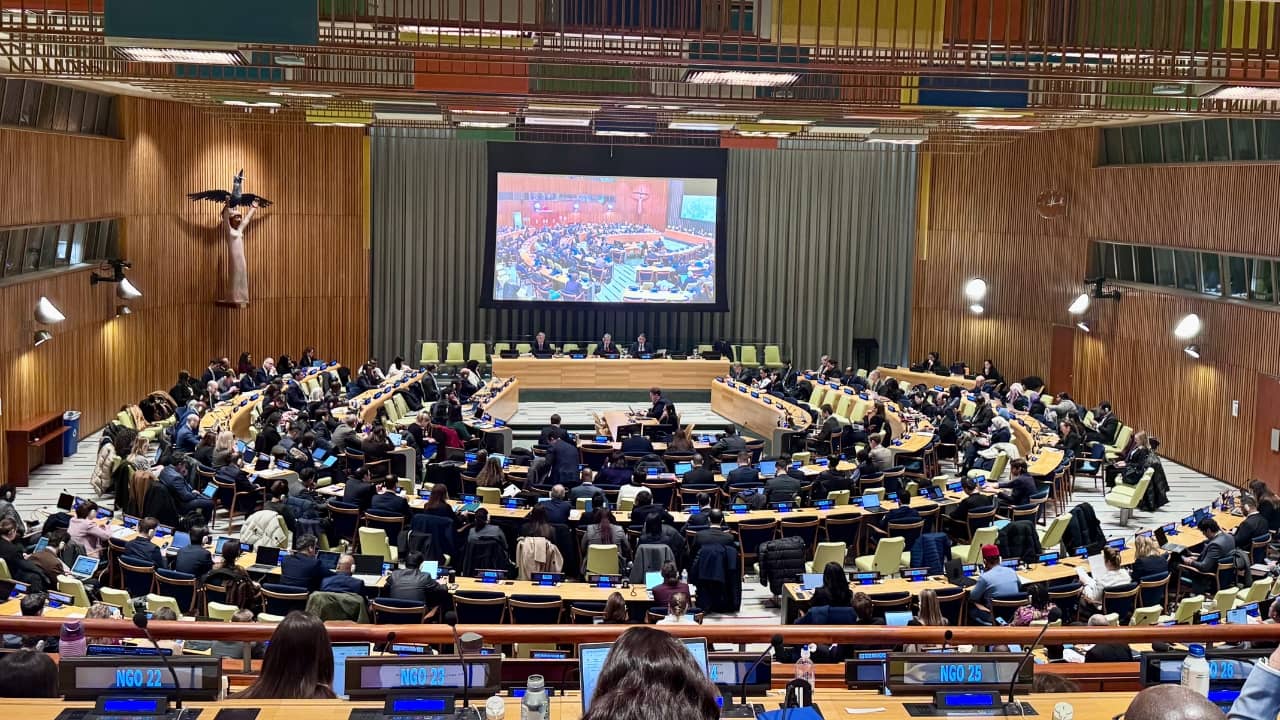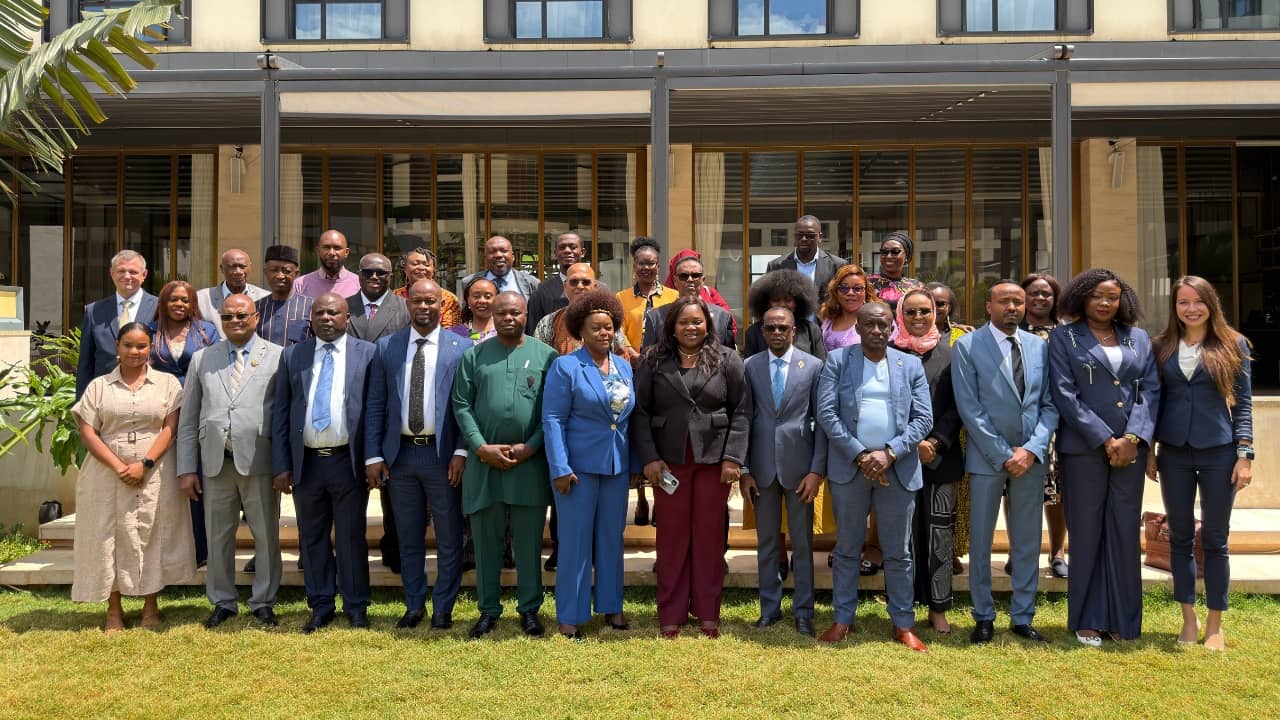What is the PACE?
The Parliamentary Assembly of the Council of Europe (PACE) is the parliamentary arm of the Council of Europe, a 47-nation international organization dedicated to upholding human rights, democracy and the rule of law. The Assembly is made up of 324 members drawn from the national parliaments of the Council of Europe's member States. The Assembly held its first session in Strasbourg on 10 August 1949, making it one of the oldest international assemblies in Europe.
PGA’s Work
PGA members have championed the cause of the fight against impunity and have issued pivotal reports on cooperation with the ICC, and the universality and effectiveness of the Rome Statute system. PGA members have traditionally used the platform offered by PACE to promote leadership and action in relation to the pending ratifications of the Rome Statute.
One of the actions by PGA members with respect to the PACE was the Resolution 2134 (2016) and a corresponding 2016 Report on the ICC to PACE by Belgian Senator Alain Destexhe. Senator Destexhe also drafted a resolution on the ICC, Document 13888, adopted on 30 September 2015, aiming for the universal ratification of the Rome Statute and effective cooperation of States with the Court.
It echoed the Resolution 1644, adopted on 27 January 2009, geared to ensure improved cooperation with the ICC, universality of Rome Statute standards for the prosecution of grave crimes, and enhanced protection of victims’ rights. Resolution 1644 was originally tabled in mid-2006 by German parliamentarian Herta Daeubler-Gmelin, a longstanding member of Parliamentarians for Global Action (PGA) then chair of PACE’s Legal Affairs and Human Rights Committee.
Other relevant resolutions and recommendations on the ICC include:
- Recommendation 1189 (1992), on the establishment of an international court to judge war crimes, Text adopted by the Standing Committee, acting on behalf of the Assembly, on 1 July 1992. On the basis of the report of the Committee on Legal Affairs and Human Rights, Rapporteur: Mrs Haller, MP.
- Recommendation 1408 (1999) on the International Criminal Court adopted on 26 May 1999. Text adopted by the Standing Committee, acting on behalf of the Assembly, on 26 May 1999.on the basis of the report of the Committee on Legal Affairs and Human Rights, Rapporteur: Mr Dick Marty, MP (Switzerland), PGA member.
- Resolution 1300 (2002) on the risks for the integrity of the Statute of the ICC, of the 25th of September 2002, at the 29th sitting on the basis report of the Committee on Legal Affairs and Human Rights, Rapporteur: Mr Dick Marty, MP (Switzerland), PGA Member.
- Resolution 1336 (2003) on the threats to the ICC, of the 25th of June 2003, adopted at the 20th sitting President of the PACE, Mr. Pieter Schieder. The resolution considers that United Nations Security Council Resolution 1422 and its renewal constitute a legally questionable and politically damaging interference with the functioning of the ICC.
- Resolution 1785 (2011) on the obligation of member and observer States of the Council of Europe to co-operate in the prosecution of war crimes.
- Doc. 14136 (22 September 2016) Co-operation with the International Criminal Court: towards a concrete and expanded commitment. Rapporteur: Mr Alain Destexhe, Belgium, Alliance of Liberals and Democrats for Europe






